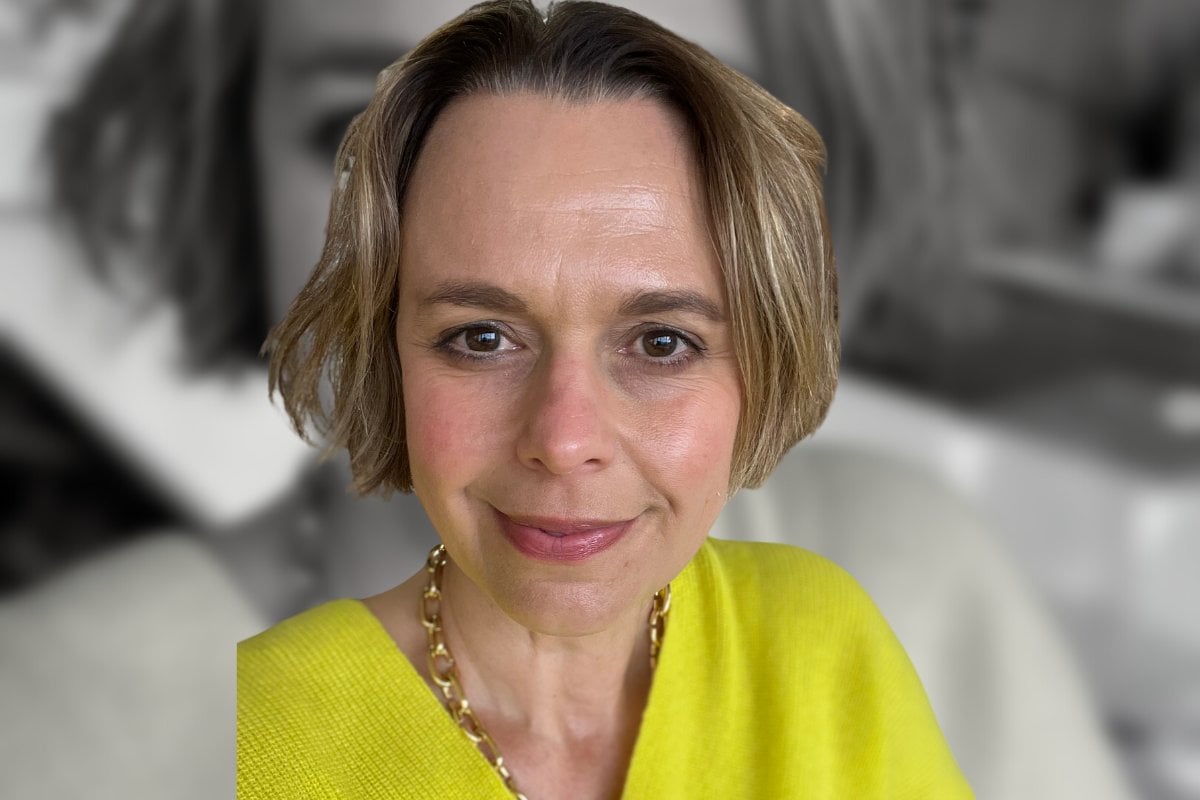
The first thing people say to me when I tell them I have ADHD is, “How did you know you had it?”. The answer is gradually and then all at once. The slow bit was my whole life and the fast bit was the three months before my diagnosis.
In this regard, I am a very basic bitch because lately it seems like you can’t open Instagram without a woman in her 30s, 40s or 50s announcing she has ADHD.
Today I’m adding my name to that list.
To be honest, I didn’t want to write this essay. I’m acutely aware that ADHD is having a social media moment and I know some people believe it has become somehow trendy to say you have it.
This is why for months I’ve felt paralyzed by all the noise on top of my own raw feelings, wondering what, if anything, I have to add to the conversation.
I was diagnosed with ADHD - Attention Deficit Hyperactivity Disorder - a year ago and I’m still processing what it means. Until now, I’ve not been ready to talk about it because I’ve needed time and privacy to percolate something that feels confusing, destabilising and embarrassing.
What has finally prompted me to share my experience is my realisation that what appears to be a trend is, in fact, a long overdue - and welcome - correction for many women, including me.
Let’s start at the beginning.
__________________________________
I was in my mid forties when I began to suspect what might be wrong with me.




























































































